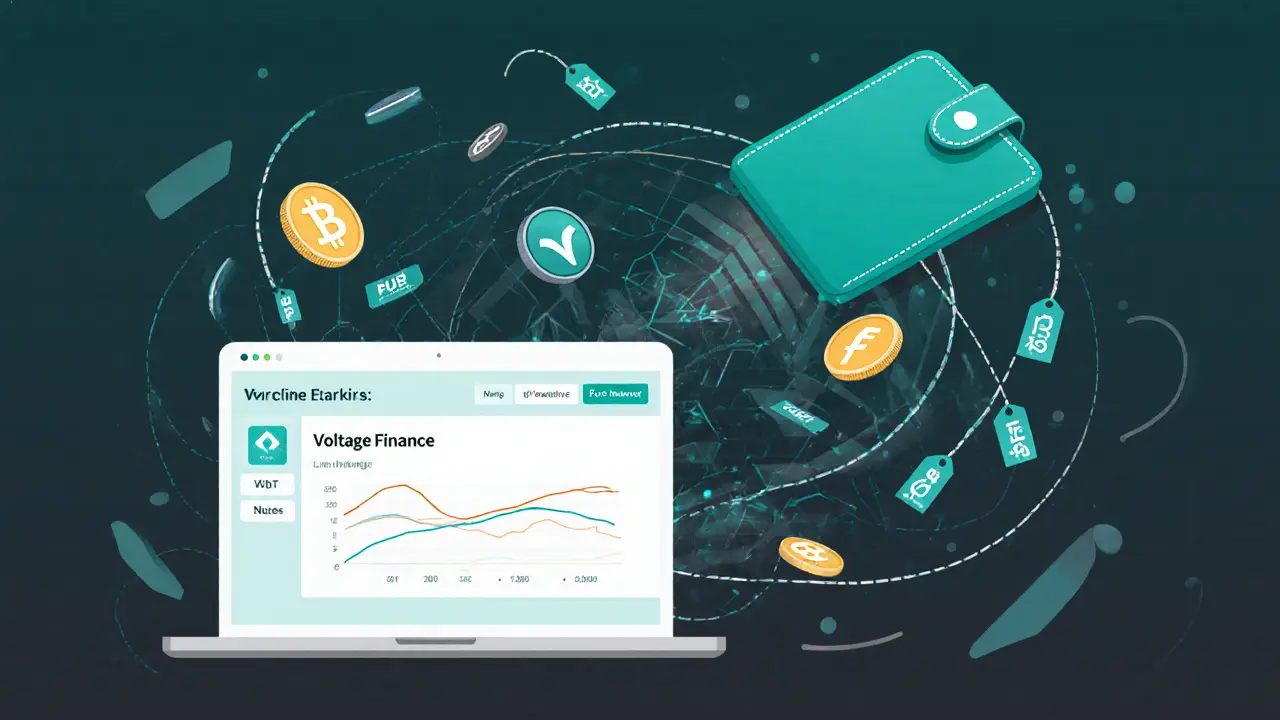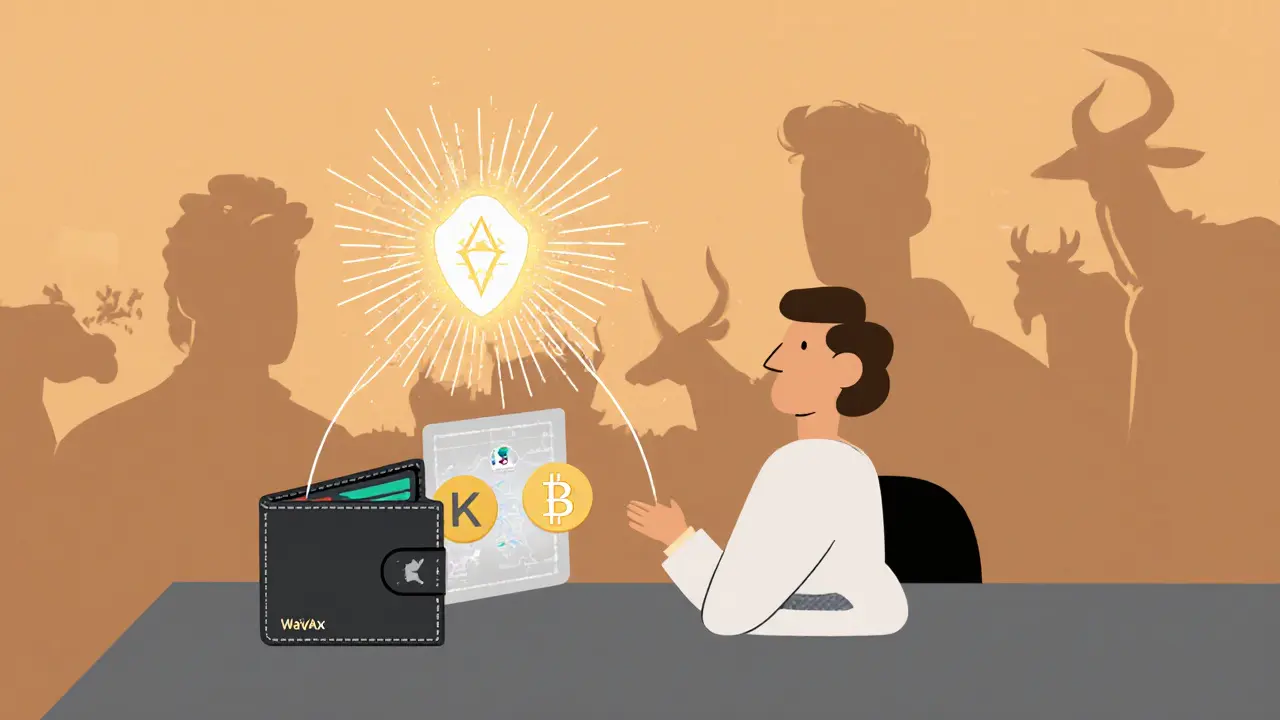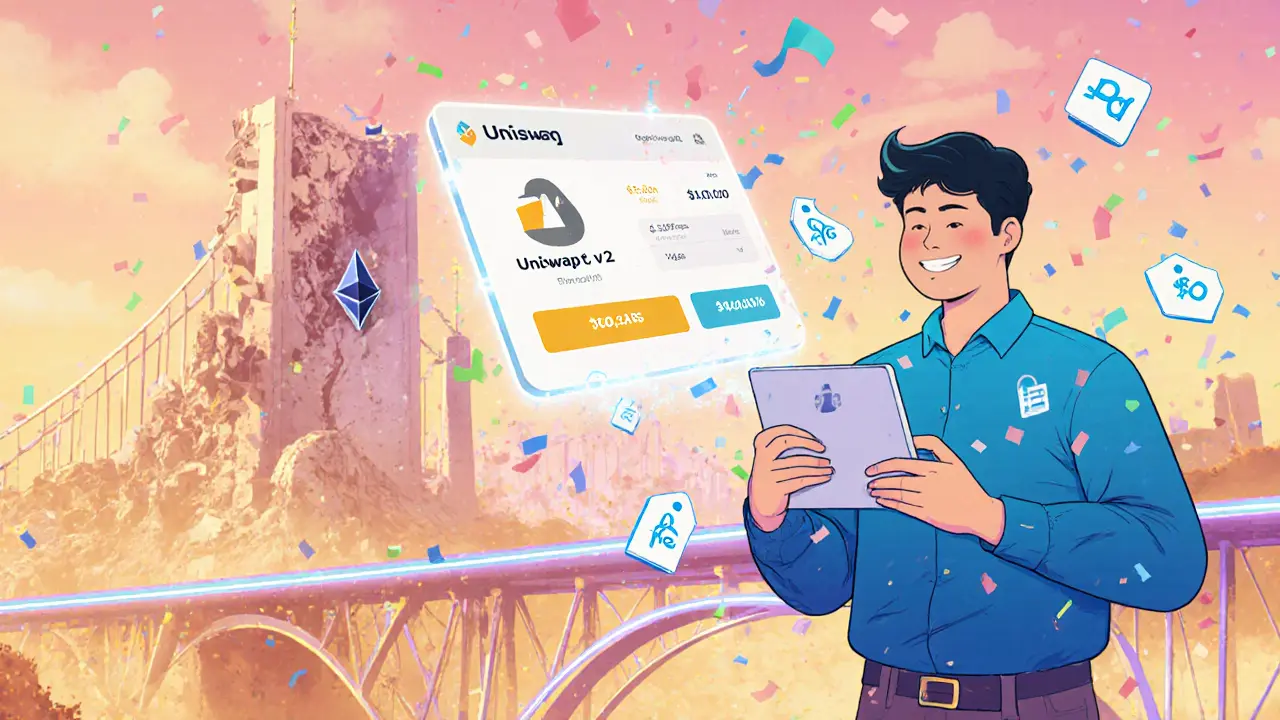DeFi Exchange: What It Is, How It Works, and Why It Matters
When you trade crypto on a DeFi exchange, a decentralized platform that lets users trade cryptocurrencies directly without a central authority. Also known as a decentralized exchange, it runs on blockchain technology using smart contracts instead of banks or brokers. Unlike traditional platforms like Binance or Coinbase, there’s no account to create, no ID to verify, and no company holding your funds. You connect your wallet, swap tokens, and you’re done—no one can freeze your assets or shut you down.
But not all DeFi exchanges are created equal. Some, like Uniswap, a popular automated market maker protocol built on Ethereum, handle billions in daily trades. Others, like Cybex DEX, a once-promising platform that died from lack of users and trading volume, vanished quietly. The difference? Liquidity, community, and real utility. A good DeFi exchange doesn’t just look fancy—it has people actually using it. And if a platform claims to be decentralized but blocks users in the U.S. or UK, like dYdX, a derivatives platform that restricts access despite its decentralization claims, then the truth is more complicated than the marketing.
Behind every DeFi exchange are smart contracts—self-executing code that handles trades, pools liquidity, and enforces rules. These contracts are open for anyone to audit, but that doesn’t mean they’re safe. Many have been hacked because the code had flaws. That’s why audits matter. A $1,000 audit won’t cut it for a high-value protocol. You need experts who’ve seen the mistakes before. And even then, nothing’s foolproof. Flash loans, which let traders borrow millions with no collateral for seconds, are a powerful tool on these platforms—but they’ve also been used to drain millions in coordinated attacks.
So why bother with a DeFi exchange? Because control matters. If you’re tired of exchanges freezing funds, like what happened in the Philippines with $150 million locked up, or banned outright like in China, then a decentralized option gives you back that power. But it also puts all the responsibility on you. No customer support. No chargebacks. If you send crypto to the wrong address, it’s gone forever. That’s the trade-off.
What you’ll find below are real stories about DeFi exchanges—some working, some dead, some hiding behind lies. You’ll see how people got burned, how scams pretend to be real platforms, and what separates the lasting ones from the noise. No fluff. No hype. Just what’s actually happening in this space right now.


